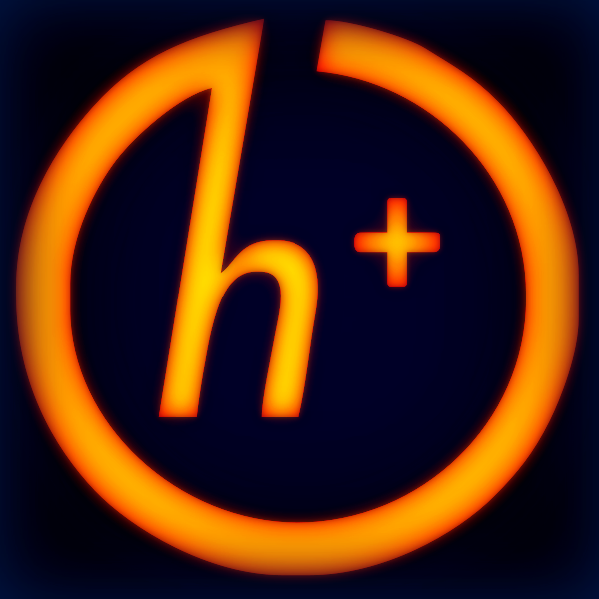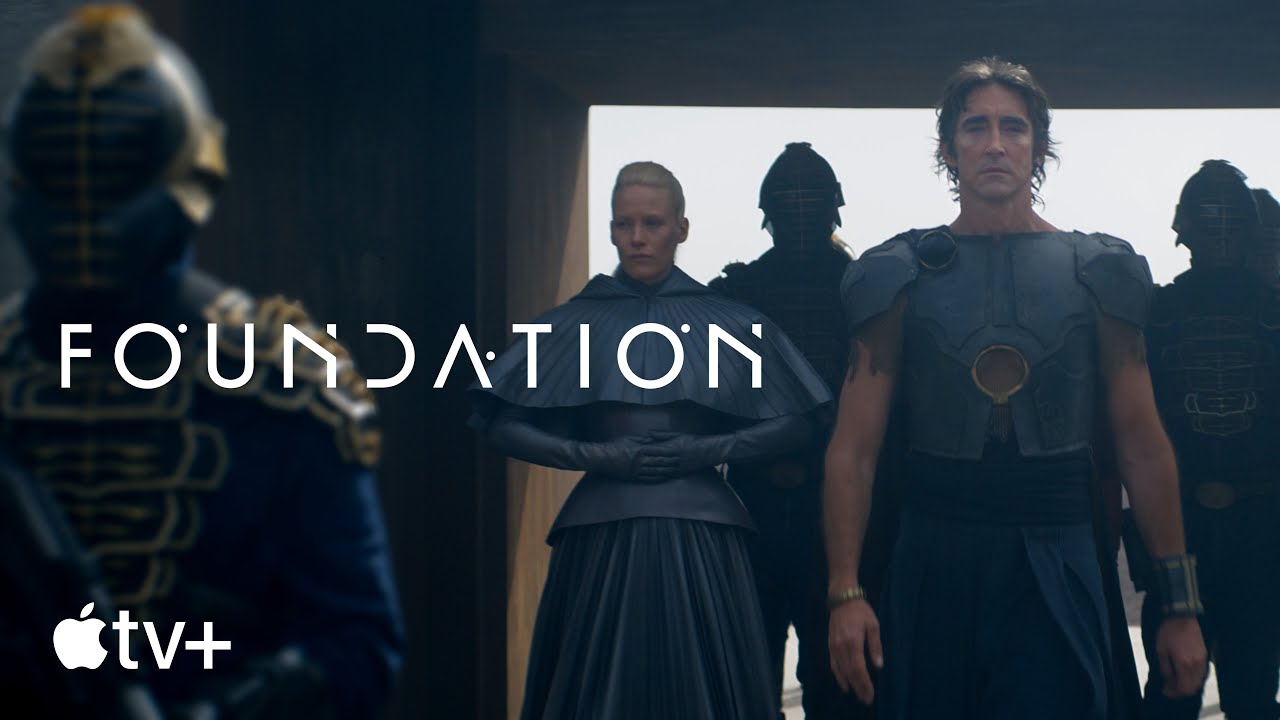Personally I kinda liked the first season. It’s better if you forget the original Asimov story and just watch it as its own thing because it diverges from it quite a bit.
Season 2 Full Trailer - Youtube
Looking forward to see where they go after that ballsy season 1 ending. Lee Pace will continue to kill it no doubt.




I have to admit I didn’t enjoy the first series and didn’t finish it. I found the series overwritten with a convoluted plot, and barely recognisable as an adaptation of the book series.
I’m also not a fan of a series that turns books that are grounded in science and believability into a story featuring people with magic abilities like precognition and magic powers. It rather misses the whole point of the books, and just felt silly.
Having said that I’m going to rewatch it and try and finish it, hoping I’ve misjudged it.
For me, the “grounded in science” ship had already sailed by the end of the original trilogy, when
book spoilers
the Second Foundation was revealed to be a shadowy group of mind-manipulating telepaths.
I partly agree with your comment about the books. But there’s a curious historical element to consider: at that time telepathy was really discussed in the mainstream scientific literature as a scientific possibility. Not in a crackpot way, but in a scientific way: theories were developed, tests and experiments made, and then it was concluded that it doesn’t exist, with explanations about why.
Since it was a scientific possibility at that time, or at least it wasn’t seen as crackpottery, it was obviously used in science-based sci-fi books (not only Asimov’s).
It’s a little like they do in today’s sci-fi with “parallel universes” or “quantum theory & consciousness” and similar stuff, which is discussed in today’s scientific literature. Maybe (or very probably, in my opinion) in 50 or 100 years they’ll laugh their arses off looking at our “science-based” sci-fi of today.